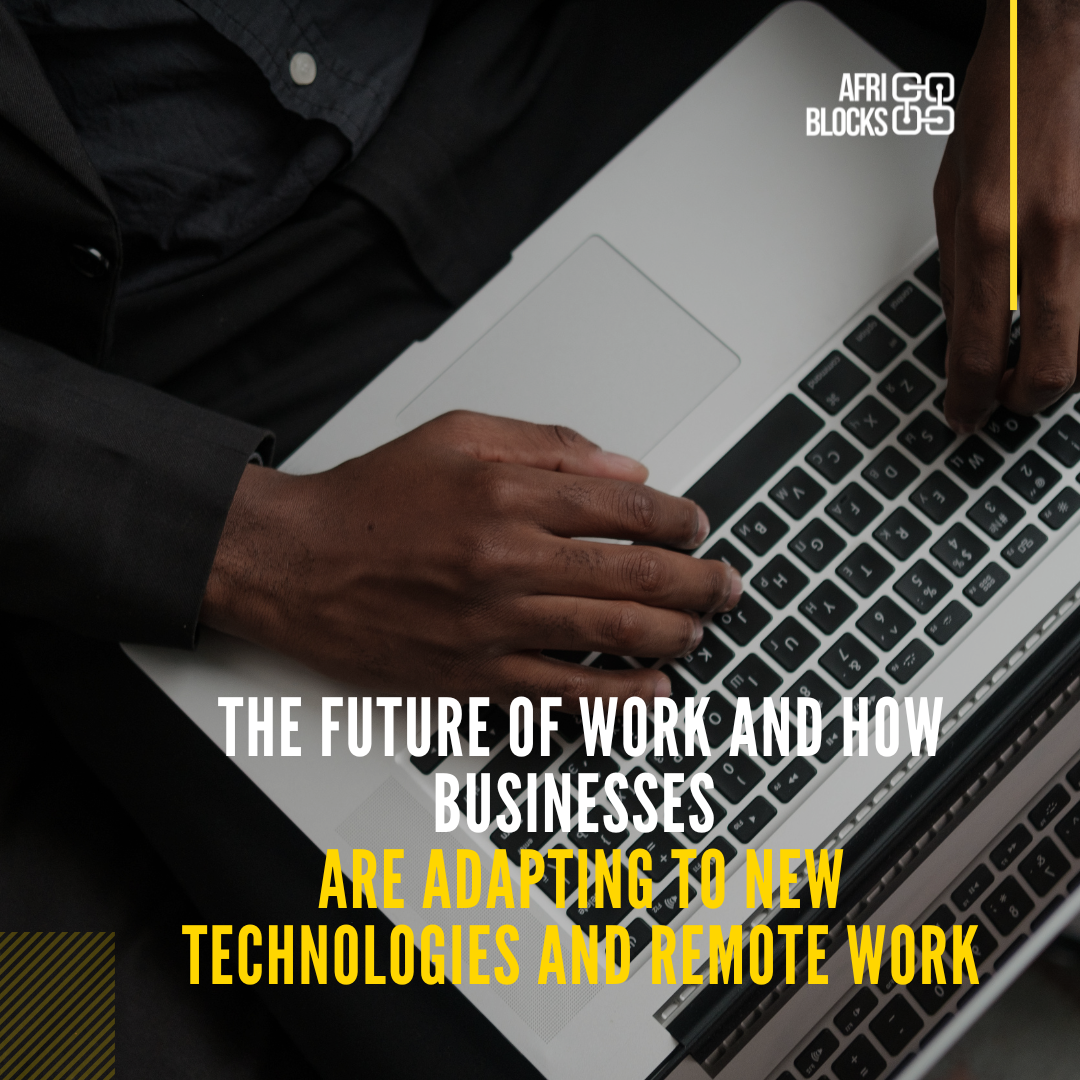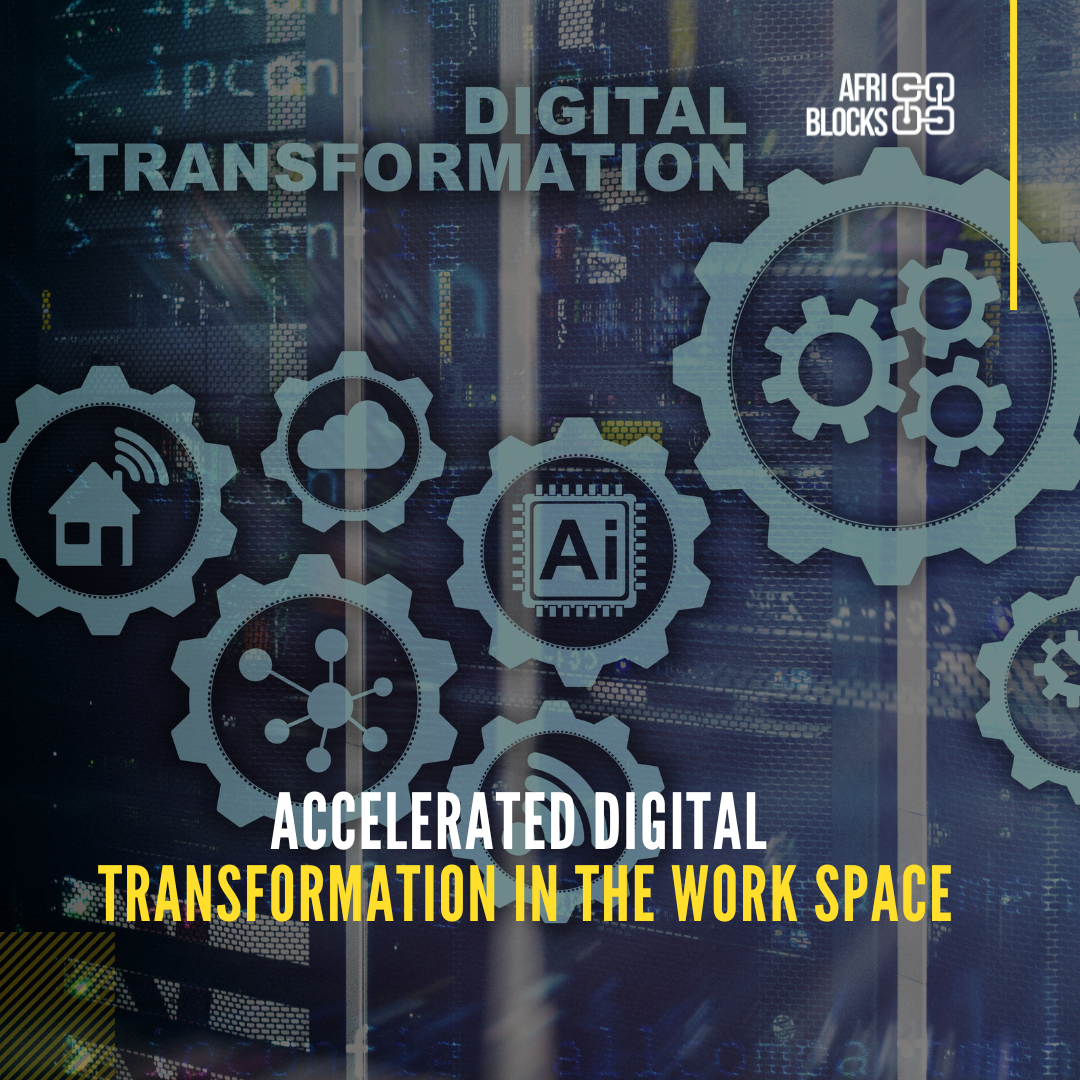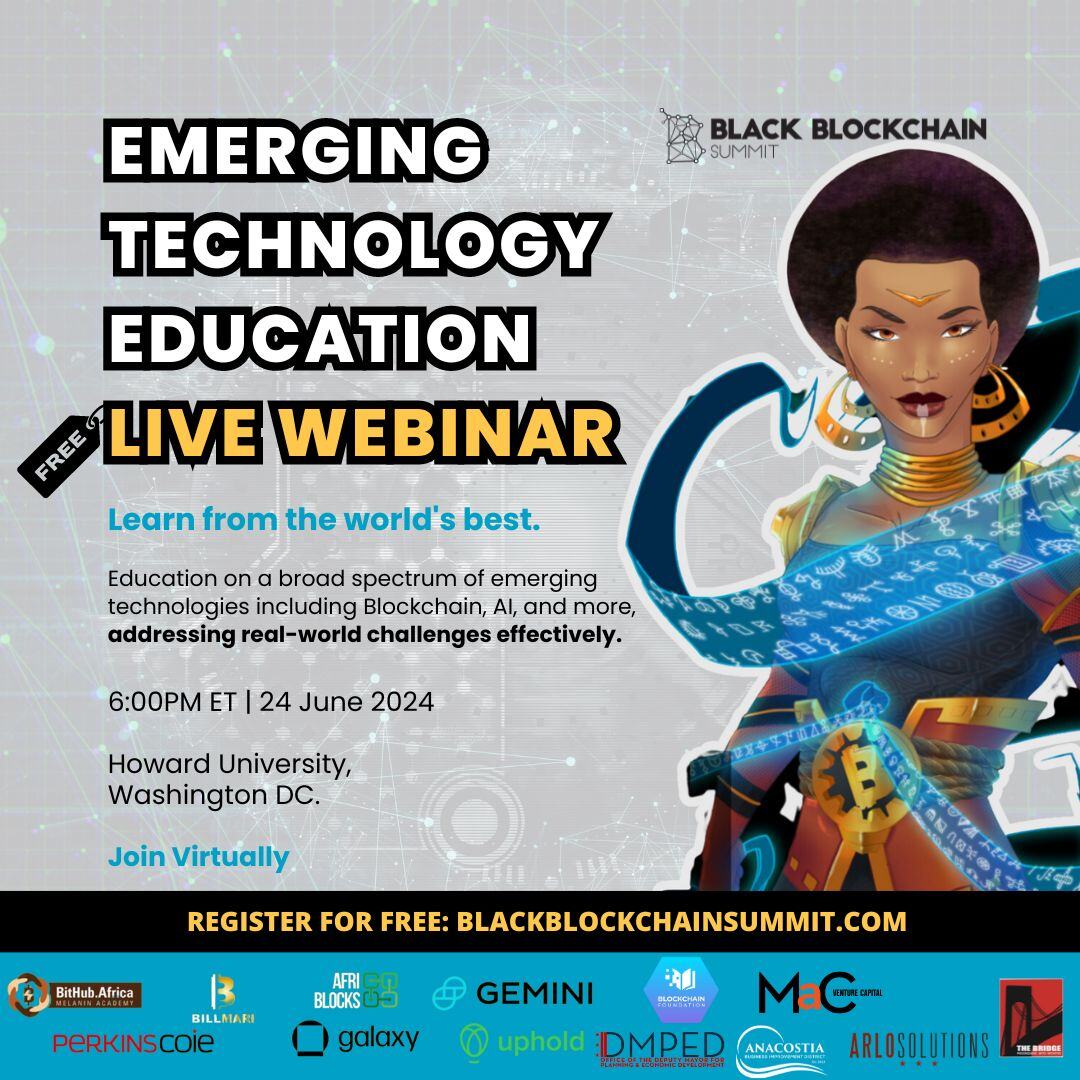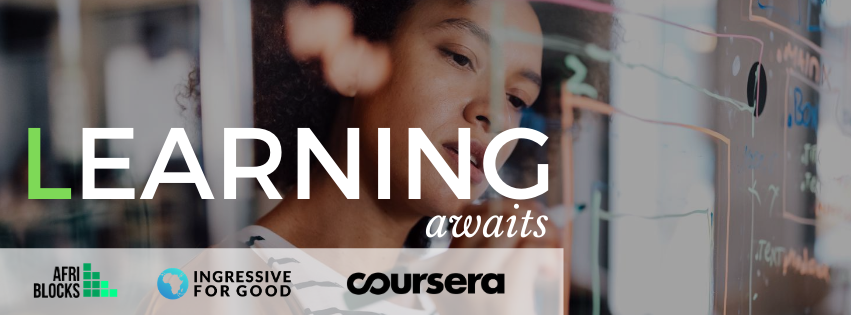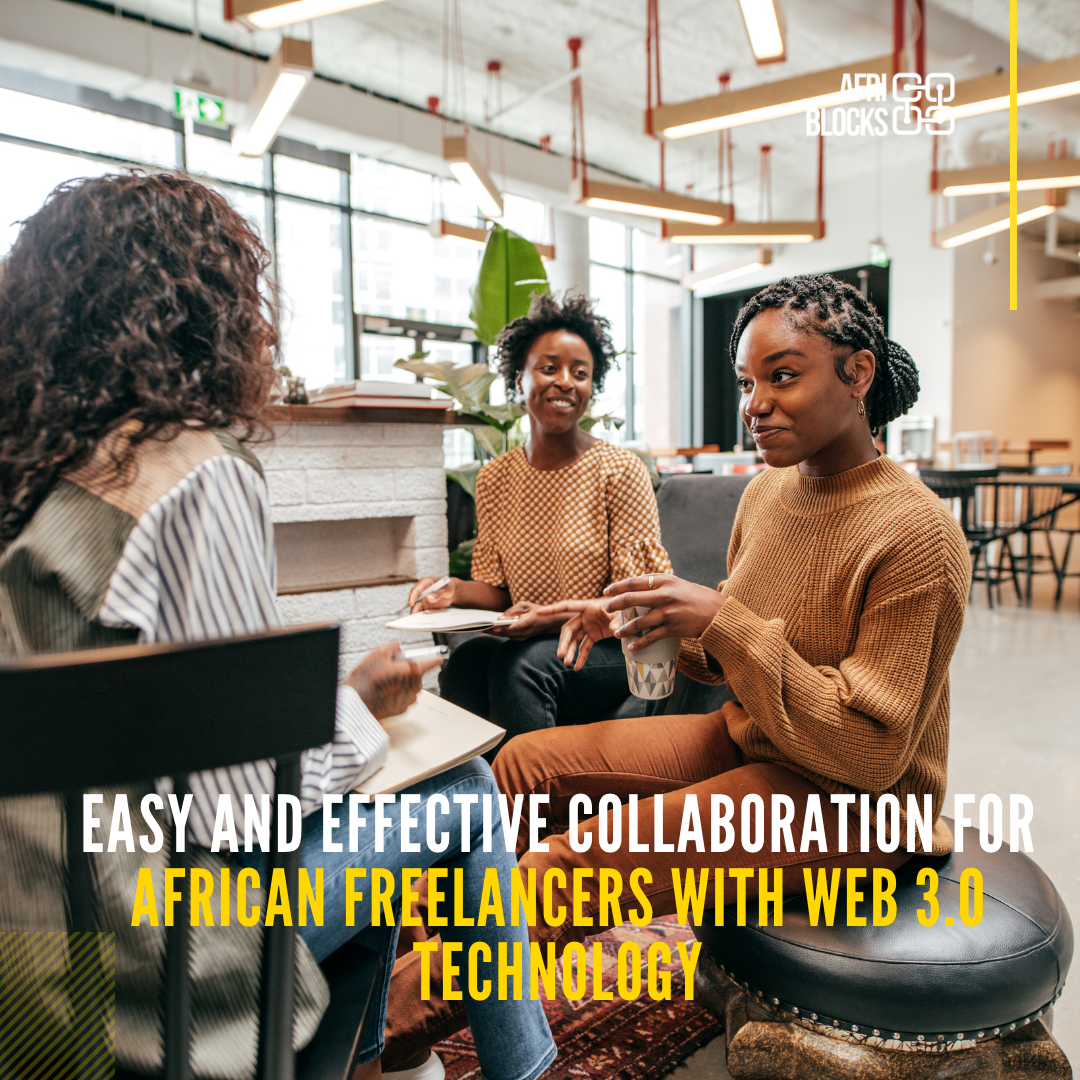
AfriBlocks Network
As the world transitions towards Web 3.0, it is crucial for African talent to be equipped with the necessary skills and knowledge to thrive in this new digital era. Web 3.0, often referred to as the decentralized web, holds immense potential for innovation, collaboration, and economic growth. To fully harness these opportunities, it is essential to prioritize training programs that empower African professionals with the skills needed to navigate and contribute to the evolving digital landscape.
Understanding Web 3.0
The first step in developing talent for Web 3.0 is creating a complete awareness and understanding of what it is. Web 3.0 represents a paradigm shift from the traditional centralized web to a more decentralized and user-centric model. It encompasses technologies like blockchain, decentralized finance (DeFi), artificial intelligence (AI), Internet of Things (IoT), and more. This new era emphasizes data ownership, privacy, security, and interoperability, requiring individuals to possess a diverse set of skills.
Technical Skills
To excel in Web 3.0, African talent must acquire technical skills that align with the emerging technologies. This includes proficiency in blockchain development, smart contract programming, decentralized application (dApp) development, cybersecurity, AI, and machine learning. By gaining expertise in these areas, African professionals can actively contribute to the development and implementation of decentralized platforms, smart contracts, and innovative solutions.
Digital Literacy and Data Management
With the increasing reliance on data in Web 3.0, digital literacy and data management skills are vital. African talent needs to understand data privacy regulations, data ethics, and best practices for data collection, storage, and analysis. Additionally, they must be adept at using data analytics tools and platforms to derive meaningful insights from vast amounts of information, enabling data-driven decision-making.
Entrepreneurship and Innovation
Web 3.0 presents numerous entrepreneurial opportunities for African talent. Training programs should focus on nurturing an entrepreneurial mindset, and teaching skills such as ideation, business model development, and market analysis. By fostering innovation and entrepreneurship, African professionals can create their own startups, leverage decentralized funding mechanisms like crowdfunding and tokenization, and contribute to economic growth.
Collaboration and Community Building
Web 3.0 is built on the principles of collaboration and community. Training programs should emphasize the importance of networking, collaboration, and community building within the African tech ecosystem. This includes fostering partnerships, participating in open-source projects, and engaging in knowledge-sharing initiatives. By building strong networks and communities, African talent can leverage collective intelligence and collaboration to contribute to the development of decentralized platforms and foster innovation in the African tech ecosystem.
Cross-Disciplinary Knowledge
Web 3.0 is an intersection of various fields, and training programs should encourage cross-disciplinary knowledge acquisition. African talent should be equipped with a broad understanding of blockchain technology, cryptography, economics, and legal frameworks. This interdisciplinary approach will enable them to navigate the complex landscape of Web 3.0 and contribute to its growth.
Ethics and Governance
Web 3.0 brings forth new challenges in terms of ethics and governance. Training programs should emphasize the importance of ethical considerations, such as user privacy, data protection, and algorithmic transparency. African professionals should be equipped with the knowledge to design and implement ethical frameworks that prioritize the well-being and rights of users.
Access and Inclusion
While training programs are essential, it is equally important to ensure access and inclusion for all African talent. Efforts should be made to make training programs affordable, accessible online, and available in local languages. Additionally, initiatives should be undertaken to bridge the gender gap in technology and promote diversity within the Web 3.0 ecosystem.
Public-Private Partnerships
To effectively train African talent for Web 3.0, collaboration between the public and private sectors is crucial. Governments, educational institutions, tech companies, and NGOs should come together to design and implement comprehensive training programs. Public-private partnerships can provide the necessary resources, expertise, and funding to scale up training initiatives and ensure their long-term sustainability.
Continuous Learning and Adaptability
Web 3.0 is an ever-evolving landscape, and training programs should foster a culture of continuous learning and adaptability. African professionals need to stay updated with the latest technological advancements, industry trends, and regulatory changes. Training programs should provide ongoing support, mentorship, and resources to help talent thrive in this dynamic environment.
Preparing African talent for Web 3.0 requires a holistic approach that combines technical skills, digital literacy, entrepreneurship, collaboration, and ethical considerations. By investing in comprehensive training programs, African professionals can seize the opportunities presented by Web 3.0, contribute to innovation, and drive economic growth. It is essential to prioritize access, inclusion, and public-private partnerships to ensure that no one is left behind in this transformative digital era. With the right training and support, African talent can become leaders in Web 3.0 and shape the future of technology on the continent and beyond.
Backed by TechStars and Google; AfriBlocks equips users with a talent platform that streamlines the process of connecting with top affordable African freelancers. Making it easier to find, vet, hire, and pay African talent.
Post A Job to support: https://afriblocks.com/request-a-service

